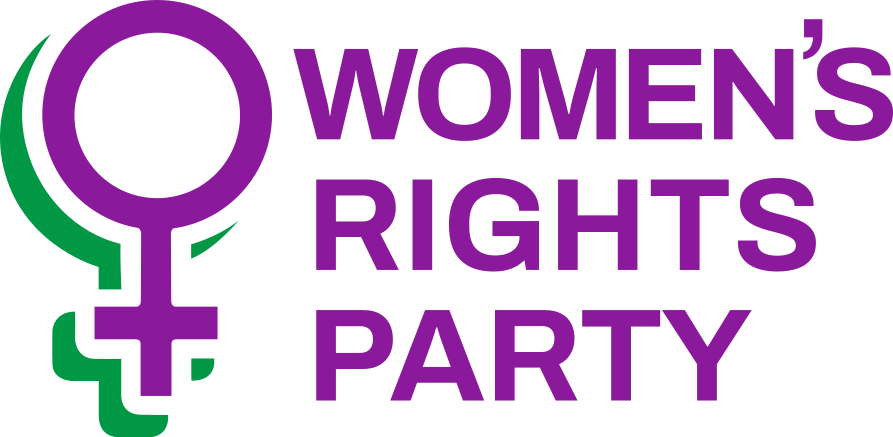UN issues Statement on right of women and girls to speak on sex, gender and gender identity without intimidation or fear
The Women’s Rights Party welcomes today’s statement by Reem Alsalem, the UN Special Rapporteur on violence against women and girls.
In the statement, Alsalem states that “threats and intimidation against women expressing their opinions on sex and sexual orientation is deeply concerning.”
Alsalem warned that violence against women and intimidation against people for expressing differing views is prohibited in international and regional human rights
law.
“I am concerned by the shrinking space in several countries in the Global North for women and feminist organisations and their allies to gather and/or express
themselves peacefully in demanding respect for their needs based on their sex and/or sexual orientation,” she said.
Alsalem pointed to the crucial role of law enforcement in protecting lawful gatherings of women and ensuring women’s safety and rights to freedom of assembly and speech without intimidation, coercion, or being effectively silenced. It is clear that where law enforcement has failed to provide the necessary safeguards, we have
witnessed incidents of verbal and physical abuse, harassment, and intimidation, with the purpose of sabotaging and derailing such events as well as silencing the women
who wish to speak at them.”
Jill Ovens, Women’s Rights Party National Secretary, says it was gutting to realise after the Let Women Speak event in Auckland’s Albert Park on 25 March that women
cannot rely on the Police to treat us as citizens worthy of protecting our right to assemble and to speak.
“Several women rang 111 pleading with Police to intervene when women were being harmed by trans activists who had broken through barriers protecting the women
who wanted to speak, including Kellie-Jay Keen who feared for her life as marshalls and security guards pushed their way out of the park.
“Other women spoke to Police who were standing around on the perimeter of the park, but the Police failed to take any action saying they were there to ‘observe’,” Ovens says.
Alsalem said in the UN statement that she was disturbed by the frequent tactic of smear campaigns against women, girls and their allies on the basis of their beliefs on
non-discrimination based on sex and same-sex relations. “Branding them as “Nazis,” “genocidaires” or “extremists” is a means of attack and intimidation with the purpose of deterring women from speaking and expressing their views. Such actions are deeply troubling, as they are intended to instill fear in them shame them into silence, and incite violence and hatred against them.
Such acts severely affect the dignified participation of women and girls in society.”
Alsalem is also concerned by the way in which provisions that criminalise hate speech based on a number of grounds, including gender expression or gender
identity, have been interpreted in some countries. “Women and girls have a right to discuss any subject free of intimidation and threats of violence. This includes issues that are important to them, particularly if they relate to parts of their innate identity, and on which discrimination is prohibited. Holding and expressing views about the scope of rights in society based on sex and gender identity should not be delegitimised, trivialised, or dismissed,” she states.
Ovens says that in addition to rights to freedom of association and freedom of speech, women’s rights also specifically include protections against discrimination on
the basis of sex (e.g CEDAW, Convention of the Elimination of Discrimination Against Women) and rights to women-only spaces.
“Clearly transpeople also have rights, but these do not override women’s rights. Finally the UN has accepted that women and girls have the right to speak without fear of intimidation and discrimination, which includes in women’s employment,” Ovens says.
